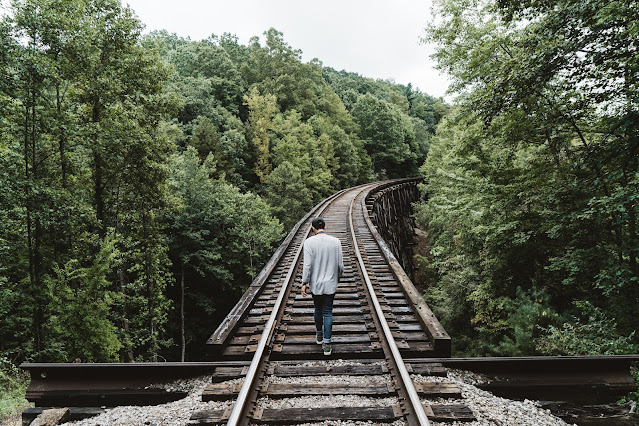5 Ways to Savor Our Most Precious Resource

We all know that time is precious because it doesn't last. Most of us have an uneasy relationship with time. "Time flies." We feel like it's rushing past us, like we don't have enough of it. "Time keeps on slipping into the future." We constantly complain that we're too busy, and we feel stressed about time. The truth about time and the way we use it Some of the problem is our own fault. We may have one or both of these bad habits: We get hyper-busy. Fearing that we'll miss out on an important opportunity or a valuable experience, we say yes to every request for our time. We jam-pack our schedules, and our children's schedules. We let being busy measure our self-worth, instead of focusing on giving our best talents and energy to a few activities we deem essential. We throw our time away. When our go go schedule wears us out, we lose motivation. Then we let ourselves wallow in time, wasting it on frivolous ac...









